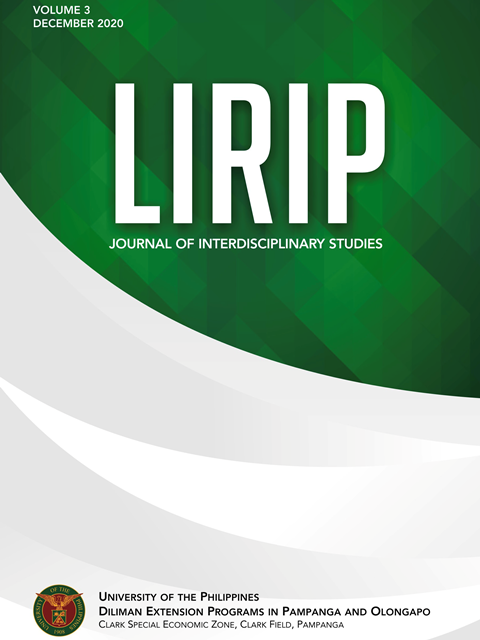Prospects of Including Indigenous People in Urban Area Development Towards Sustainable Regional Development in New Clark City, Philippines: Documenting the Processes
Abstract
This paper documents the processes involved in the government's endeavor to achieve inclusive and sustainable development in an ambitious urban development project that will decongest Metro Manila, and save it from the threats of a mega-quake and rising sea-levels. In particular, it looks at the ways the project includes the Aytas, the Indigenous People around the development area, in the enjoyment of the benefits of the undertaking via what are claimed to be inclusive development approaches: providing them 1) culturally-appropriate education and 2) a central role in biodiversity development since the Aytas have much to contribute toward the enrichment of botanical knowledge around the fragile Mt. Pinatubo area. A reflexive ethnographic research, the paper looks at the relations between the state as an urban developer and the Indigenous People (IP) and argues that the role of supportive institutions serves as a strong force in the continuity of the presence of the Indigenous People in our midst, hence, preventing their disappearance or cultural annihilation through forcible assimilation. Moreover, disempowered IP groups like the Aytas assert state recognition of their cultural identity, heritage, and ancestral domain with the strong advocacy of cultural development workers and militant organizations.
Copyright @ University of the Philippines Diliman Extension Programs in Pampanga and Olongapo and the Authors


